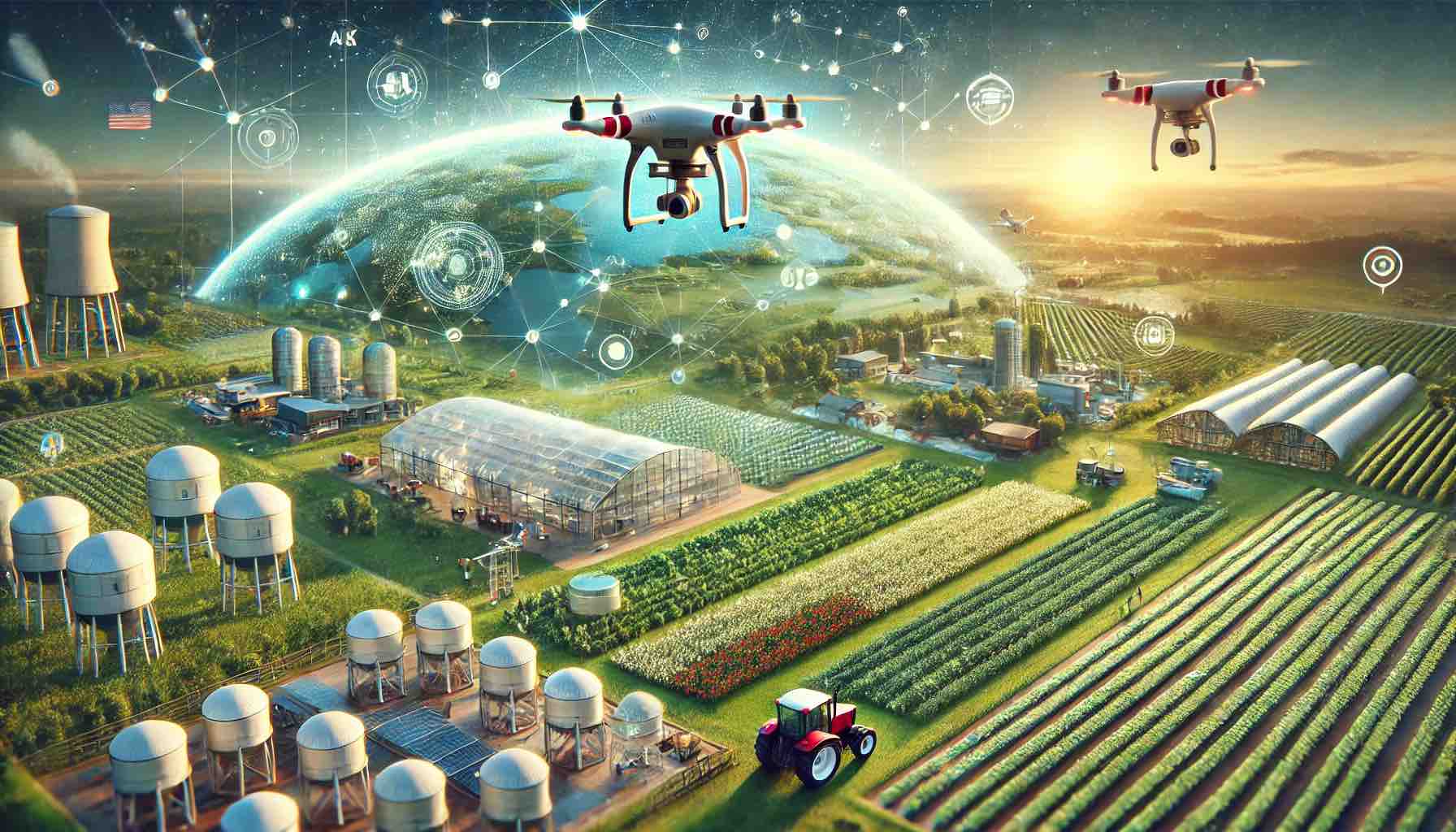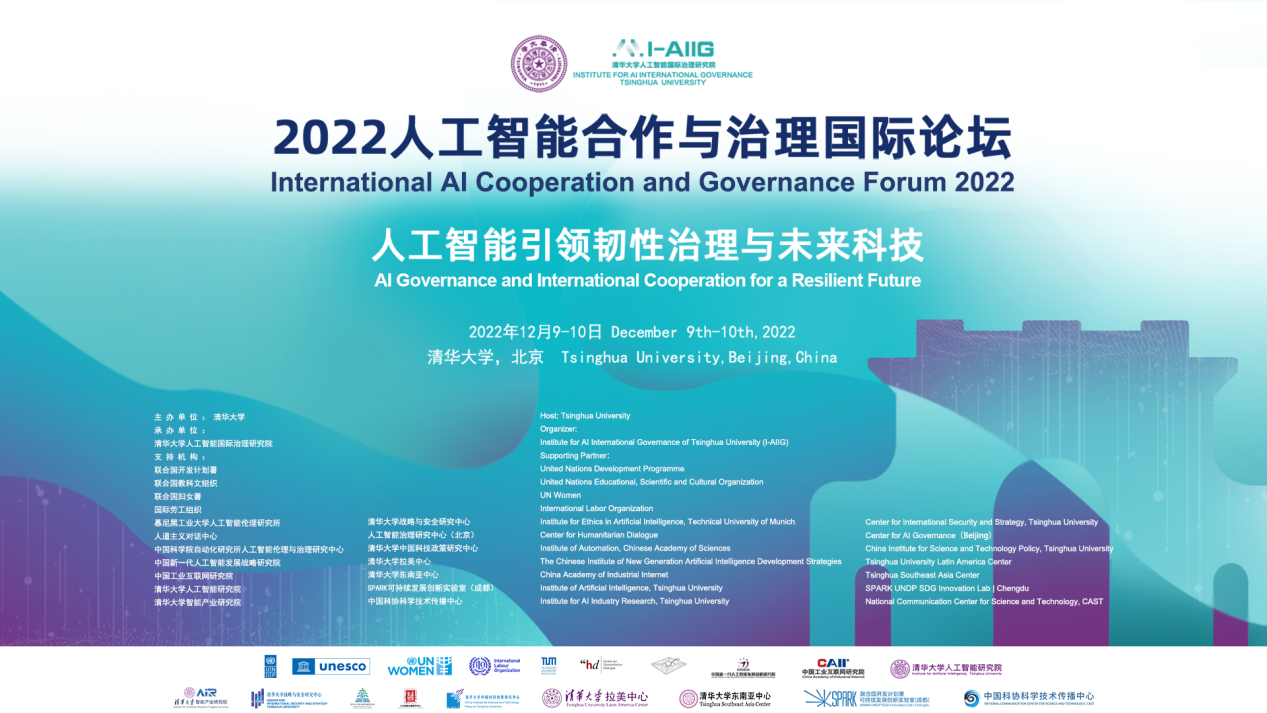
China is going full throttle in the AI race, and it's not just about catching up with Silicon Valley—it's about setting the pace. With a staggering number of over 4,500 firms diving into the AI pool, China is unleashing a wave of innovation that stretches from smart toys to advanced AI education. The country's tech scene is buzzing with energy, and the world is taking notice.

The AI Boom: More Than Just Robots
Picture this: a robot that not only plays chess but helps kids learn strategies, right in a Beijing apartment. This isn't a sci-fi movie; it's the reality of China's AI advancements. Companies like SenseRobot are redefining what smart toys can do, making the idea of a robotic companion as common as a smartphone. As Timmy's mom, Yan Xue, puts it, "It's like a little teacher or a little friend." This is just the tip of the iceberg in China's AI revolution aimed at becoming a tech titan by 2030.
Education is another front where China is making waves, introducing AI courses in schools across Beijing and upping the ante with more university spots for AI studies. As Abbott Lyu, VP of Whalesbot, a firm making AI toys, says, "In this era of AI, we've got many, many engineers, and they are hardworking." It's this dedication that's powering China's rapid ascent in the AI world.
Funding the Future: Trillions on the Table
China's ambitions aren't just talk; they're backed by serious cash. The government plans to pump 10 trillion yuan into AI over the next 15 years, a move that positions the nation to potentially lead the global tech scene. This investment comes despite the US tightening export controls on advanced chips, showing China's resolve to chart its own tech path.
The state media has lauded initiatives like the 60 billion yuan AI fund, highlighting the competitive edge these investments bring in the face of international challenges. This financial backing is crucial as China navigates the complex landscape of global tech competition.

The Six Little Dragons: Rising Stars in AI
China's tech scene isn't just about the big players. Six homegrown AI firms, affectionately dubbed the "six little dragons," are making significant strides. These include DeepSeek, Unitree Robotics, and Manycore Tech, among others. DeepSeek, in particular, has captured international attention with its claim to rival ChatGPT at a fraction of the cost, a move that has sent ripples through the AI industry.
These companies showcased their innovations at a recent AI fair in Shanghai, where futuristic tech like search and rescue robots and backflipping robotic dogs were on display. "DeepSeek means the world knows we are here," said Yu Jingji, a young engineer, encapsulating the excitement and potential of China's AI landscape.
Challenges and Caution: The Data Dilemma
However, China's AI journey isn't without its hurdles. The vast amount of data required to fuel AI's growth raises privacy concerns, both domestically and internationally. With over a billion mobile users, China has a data advantage, but it's a double-edged sword that the government and companies must wield carefully.
Mr. Tang from SenseRobot emphasized, "Privacy is a red line for us," acknowledging the delicate balance between innovation and user trust. As China pushes forward, addressing these privacy concerns will be key to maintaining its momentum and credibility on the world stage.
Global Impact: A New Era of Tech Leadership
As China marches toward its 2030 goal, the world watches with a mix of awe and apprehension. The rapid advancements in AI are reshaping industries from education to finance, and even healthcare. The question isn't if China will become a tech superpower but when.
The global tech community is already feeling the impact of China's AI surge. As more Chinese firms integrate AI into various sectors, the competition intensifies, driving innovation worldwide. This dynamic environment fosters a tech ecosystem where collaboration and competition coexist, pushing the boundaries of what's possible.

Looking Ahead: The Road to 2030
China's tech journey is a testament to what's possible with vision, investment, and a relentless drive for innovation. As President Xi Jinping bets on AI as the main driving force of progress, the nation is poised to redefine the global tech landscape. The next few years will be crucial as China continues to build on its successes and navigate the challenges of becoming a tech leader.
In the words of Yan Xue, "We will co-exist with AI. Children should get to know it as early as possible. We should not reject it." As China embraces this new reality, the world can expect more groundbreaking innovations from the East, setting the stage for a future where AI is not just a tool but an integral part of daily life.
For more insights into China's AI journey, check out the detailed BBC article that dives deeper into these transformative developments.